The Cabinet approved the standard provision on psychological, medical, and pedagogical consultation
This document has been developed with the aim of ensuring equal access to general education for children with physical and mental disabilities, as well as for children suffering from severe illnesses. This implies the creation of necessary conditions for their education and the provision of adequate psychological, pedagogical, medical, and social assistance.
The adoption of the standard regulation is aimed at realizing the rights of every citizen, including children with disabilities, to accessible and quality inclusive education, which is guaranteed by the Constitution of the Kyrgyz Republic and current legislation.
Standard Regulation on Psychological, Medical, and Pedagogical Consultation in the Kyrgyz Republic
Chapter 1. General Provisions
This Standard Regulation on Psychological, Medical, and Pedagogical Consultation (hereinafter referred to as the Regulation) defines the procedure for the operation of psychological, medical, and pedagogical consultations (PMPC) with the aim of conducting a comprehensive assessment of children with special educational needs and disabilities, as well as creating the necessary conditions for their personal and social development.
The establishment of PMPC is carried out by the Ministry of Education of the Kyrgyz Republic as the authorized body in the field of preschool and general education.
PMPC represents a children's educational organization that engages in counseling, diagnostics, and expertise with the aim of realizing every child's right to accessible and quality education, protecting health, and ensuring psycho-social well-being, in accordance with the legislation of the Kyrgyz Republic and international obligations, including the Convention on the Rights of the Child and the Convention on the Rights of Persons with Disabilities.
In its activities, PMPC relies on the Constitution of the Kyrgyz Republic, international agreements, laws, and directives from the President, as well as decisions from authorized bodies, adhering to generally accepted norms of international law.
The activities of PMPC are based on the principles of humanism, equality, confidentiality, individual approach, voluntariness, and inter-agency cooperation.
Key concepts in this Regulation:
Legal representative — a person authorized to represent the interests of the child (parent, guardian);
Rehabilitation in education — the process of restoring lost skills in a student;
habilitation in education — the process of assisting a student in acquiring new skills;
Individual rehabilitation and habilitation program (IRHP) — a document developed for a child with disabilities containing a set of activities;
Informed consent — voluntary consent from parents for examination and processing of the child's personal data;
Electronic outpatient card — a medical document with examination results;
Development card — a document reflecting the dynamics of the child's development;
Corrective and developmental activities — a system of interventions to support and develop the child;
Medical and social expert commission (MSEC) — an authority that assesses disability;
Examination — interdisciplinary diagnostics to assess the individual characteristics of the child;
Educational environment — the conditions in which learning occurs;
Special educational needs — requirements for creating special conditions for learning.
Chapter 2. Goals and Objectives of PMPC
The main goal of PMPC's work is to create conditions for the timely identification of the needs of children with special educational needs and to provide specialized assistance, as well as to promote inclusive education.
Objectives of PMPC:
conducting comprehensive diagnostics;
determining forms of education;
developing recommendations for corrective assistance;
consulting parents and educators;
monitoring the implementation of recommendations;
maintaining an inter-agency database.
Chapter 3. Organizational Structure of PMPC
The head of PMPC belongs to the category of educators and manages according to the legislation, including the Labor Code and the Law on Education.
Persons with higher pedagogical education and at least three years of work experience are eligible for managerial positions.
The staff of PMPC is formed with consideration of an interdisciplinary approach and includes specialists from various fields.
Specialists must meet qualification requirements, including having higher education and work experience in the relevant field.
Chapter 4. Functions and Powers of PMPC
The Republican PMPC performs functions such as developing diagnostic methods, participating in the training of specialists, and maintaining a database of children with special needs.
The Territorial PMPC conducts ongoing examinations, provides recommendations for education, and supports educational organizations.
All specialists must comply with legislation and ensure the quality of examinations.
Chapter 5. Procedure for Referring and Conducting Examinations in PMPC
Referrals to PMPC can be initiated by parents, educational institutions, or medical organizations. Examinations are conducted only with written consent from parents.
The procedure includes observing the child's behavior, diagnostics, and analyzing medical documentation.
A conclusion on the results of the examination is issued to parents and may be sent to educational organizations.
Chapter 6. Management and Staffing
The Republican and Territorial PMPC are headed by directors appointed by the Minister of Education. Candidates must have relevant education and work experience.
The director is responsible for the results of the consultation's work and has the authority to organize its activities.
Chapter 7. Rights and Responsibilities of the Director and Specialists of PMPC
The director has the right to request materials from organizations and initiate cooperation with government structures.
Specialists are required to adhere to professional ethics and confidentiality.
Chapter 8. Rights and Responsibilities of Parents (Legal Representatives)
Parents have the right to defend their child's interests and receive consultations from specialists.
Chapter 9. Interaction of PMPC with Other Organizations
PMPC interacts with educational and medical institutions to create a support system for children.
Chapter 10. Record Keeping of PMPC
Record keeping is conducted in the state language, and documents are stored for the established periods.
Chapter 11. Financial and Material-Technical Support
Funding for PMPC is provided from budgets and other sources.
Chapter 12. Reorganization and Liquidation of PMPC
The activities of PMPC may be terminated in accordance with the legislation.
Chapter 13. Final Provisions
This Regulation serves as the basis for the development of local acts of PMPC. Changes may be made by the authorized body.
All recommendations from PMPC are mandatory for implementation by educational organizations with the consent of the parents.
Read also:
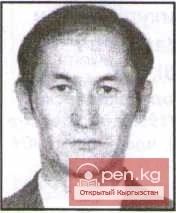
Builashev Talaybek Sabralievich (1957)
Buylashev Talaybek Sabralievich (1957), Doctor of Medical Sciences (2001), Professor (2002)....
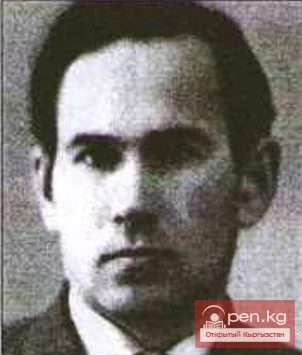
Anatoly Vasilyevich Kolodin
Kolodin Anatoly Vasilyevich (1931), Doctor of Medical Sciences (1991) Russian. Born in the city of...
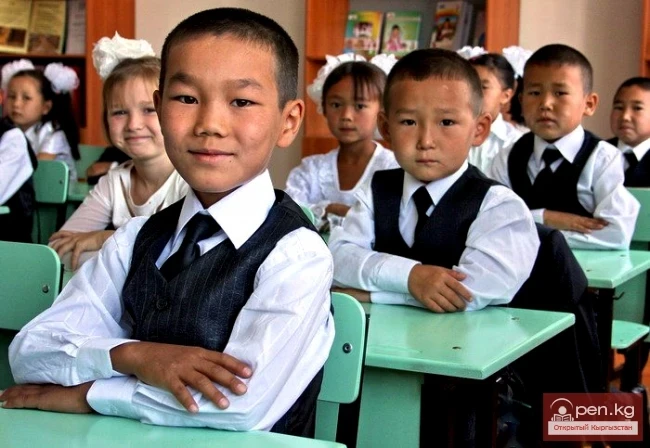
General Secondary Education
Over the past 15 years, the system of general secondary education has functioned quite steadily,...
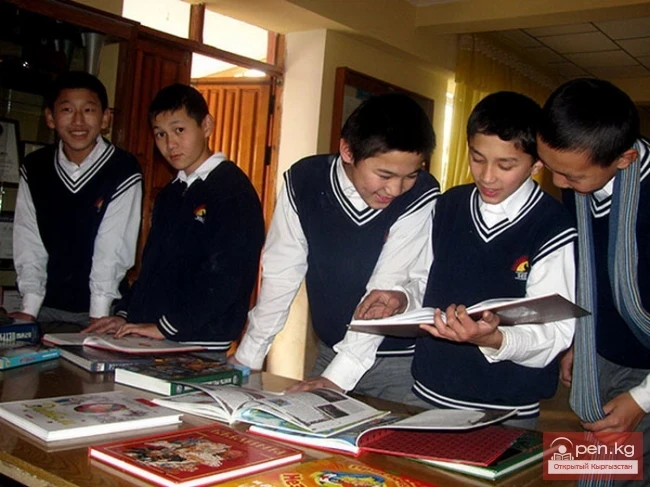
In the framework of implementing multilingual education in Kyrgyzstan
From September 19 to 21, 2014, a seminar on planning the activities of university innovation...
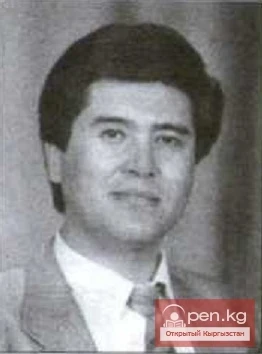
Adambekov Dokturbek Adambekovich
Adambekov Dokturbek Adambekovich Doctor of Medical Sciences, Professor, Honored Scientist of the...
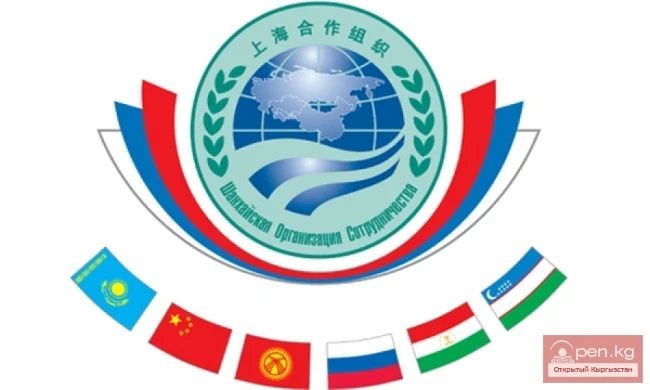
Minister of Justice of the Kyrgyz Republic A. Shykmamatov participated in the meeting of the Council of Ministers of Justice of the SCO countries
The Minister of Justice of the Kyrgyz Republic A. Shykmamatov participated in the second meeting...

Exhibition-Fair "Mom+Me"
The company "Mary Poppins" together with the café "Moskva" invites everyone to...
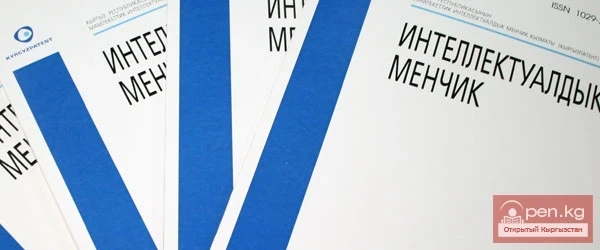
A Team from Kyrgyzstan Participates in the X Asia-Pacific Astronomy Olympiad
In order to increase the interest of students from general education schools and additional...
The Ministry of Labor reminds that there will be no additional days off in November.
The Ministry of Labor, Social Security and Migration reminds that according to Article 66 of the...
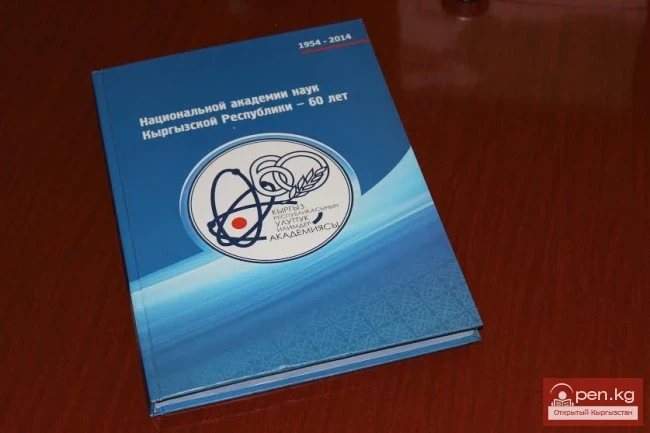
The book "National Academy of Sciences of the Kyrgyz Republic - 60 Years" has been published, dedicated to the anniversary of the NAS KR.
The book consists of six main sections that narrate the establishment and development of the...

The Administration of the President of Kyrgyzstan has submitted a draft law on the reinstatement of the death penalty for public discussion.
According to the draft, amendments to the Constitution are proposed to introduce the death penalty...
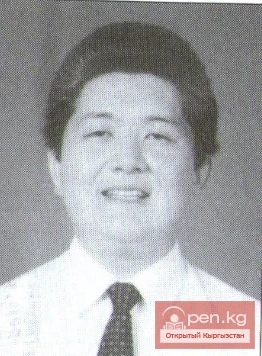
Ismankulov Almazbek Osmonalievich
Ismankulov Almazbek Osmonalievich Doctor of Medical Sciences, Professor, Full Member of the...
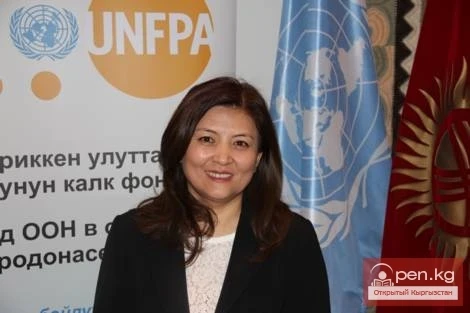
Current Issues in Reproductive Health and Family Planning
Recently, at the "Ak-Keme" hotel, the Ministry of Health of the Kyrgyz Republic and the...
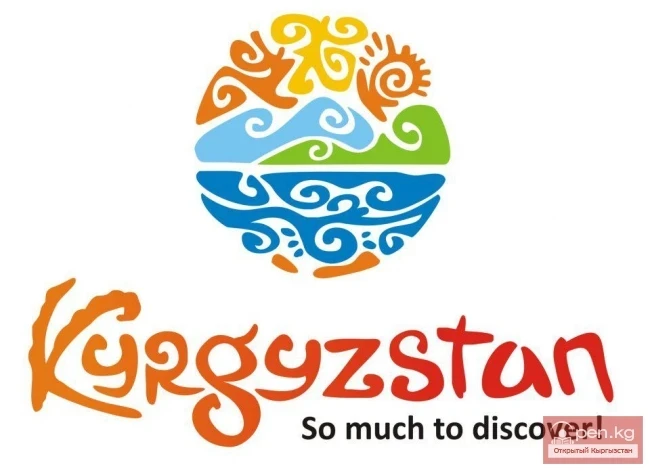
Regulation on the Ministry of Culture and Tourism of the Kyrgyz Republic
Approved by the resolution of the Government of the Kyrgyz Republic dated February 20, 2012 No. 120...
Inclusive Education in the Kyrgyz Republic
This video highlights approaches to teaching and learning that will be more flexible to meet the...
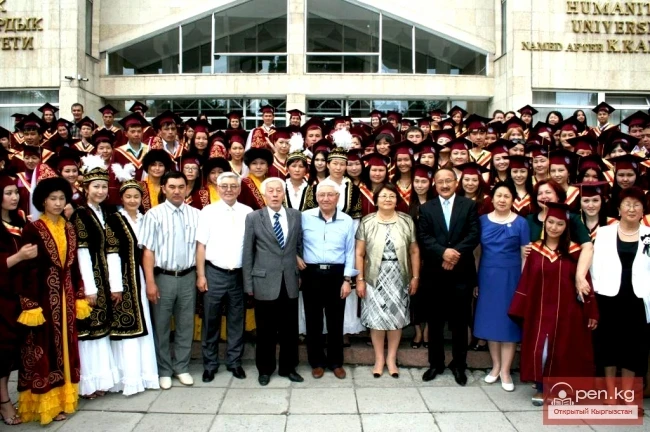
The Structure of Education in Kyrgyzstan
The structure of education in Kyrgyzstan encompasses eight official levels, approved by the Law of...

The Government of the Kyrgyz Republic Introduces State Price Regulation on Coal
In order to control the price situation in the coal extraction and sales market, to curb price...
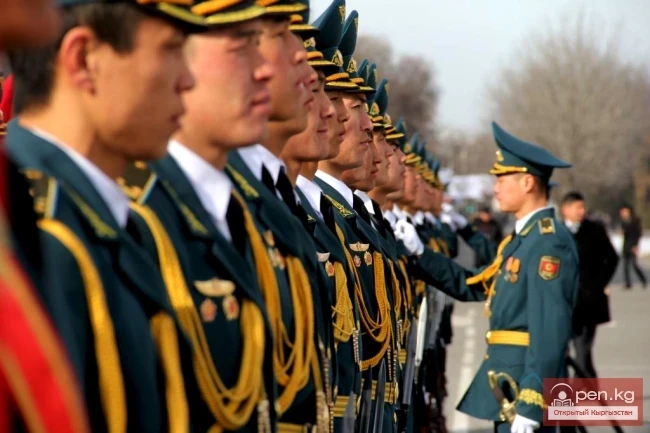
Legislative Foundations for the Creation and Functioning of the Military Security Assurance System of the Kyrgyz Republic
Not considering any state or coalition of states as its adversary, and opposing the use of...
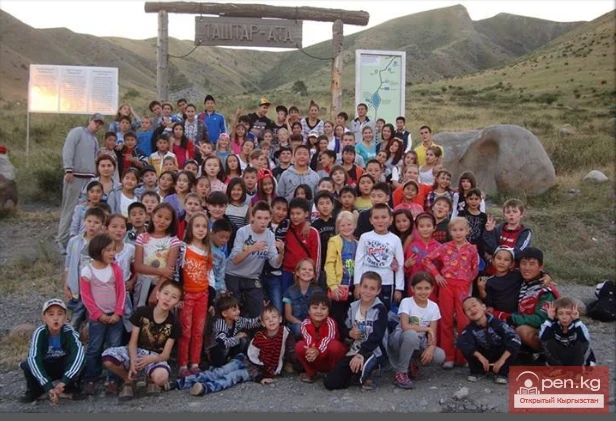
Summer Camp in Besh-Kungey
Children's Camp in Besh-Kunge The main objective of the camp is to create optimal conditions...
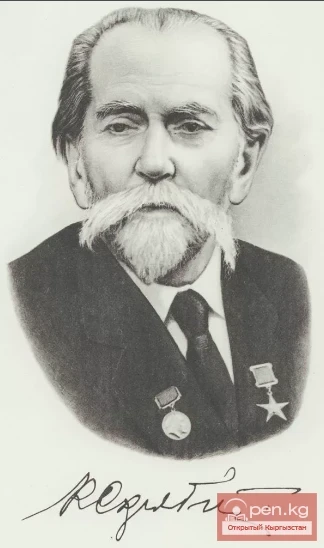
Resolutions of the Soviet People's Commissariat of the Kirghiz SSR in November 1945. Documents No. 163 - No. 164
RESOLUTION OF THE SOVIET PEOPLE'S COMMISSARIAT OF THE KYRGYZ SSR AND THE CENTRAL COMMITTEE OF...
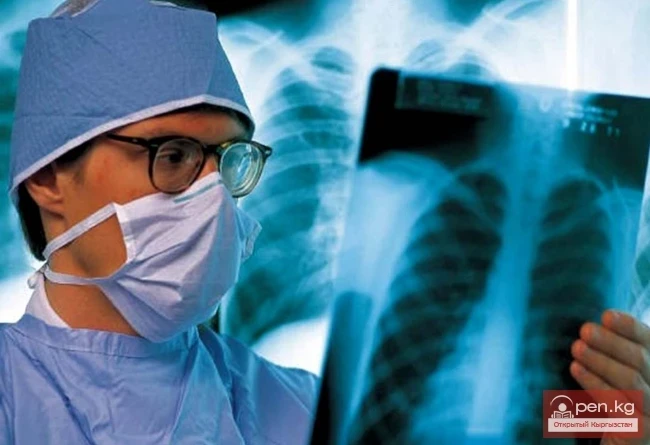
The Ministry of Health of the Kyrgyz Republic issued an order updating the regulations for the anti-tuberculosis service.
On September 25, 2014, a round table was held in Bishkek on the topic “Improving access and...

In Kyrgyzstan, the campaign "Global Money Week" has started.
In Kyrgyzstan, the campaign "Global Money Week" began on March 14, during which...
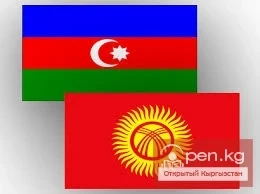
The Embassy of the Kyrgyz Republic Established in the Republic of Azerbaijan
Today, October 24, 2014, the President of the Kyrgyz Republic, Almazbek Atambayev, signed a decree...

The Ministry of Labor reminded that November 7-8 are now working days
The Days of History and Memory of Ancestors have lost their holiday status The Ministry of Labor,...
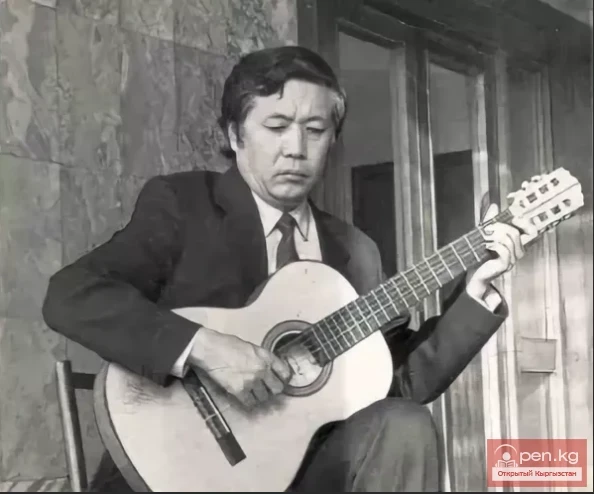
Daniyal Mukashevich Nazarmatov
Nazarov Daniyal Mukashevich - a talented musician. Founder of the guitar art school in Kyrgyzstan,...
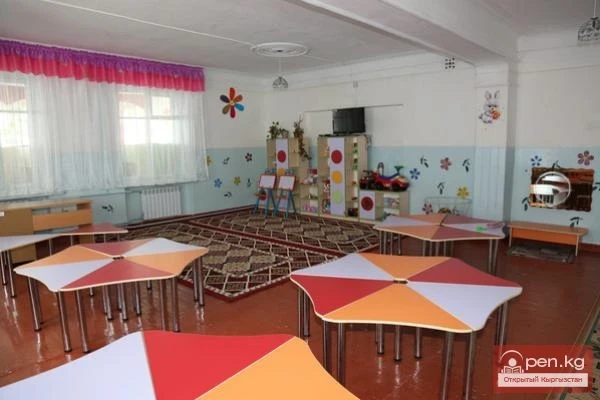
In the city of Orlovka, within the framework of the PGIBO Project, a kindergarten "Romashka" has been opened.
Until recently, there was only one kindergarten 'Skazka' in the city of Orlovka, which...
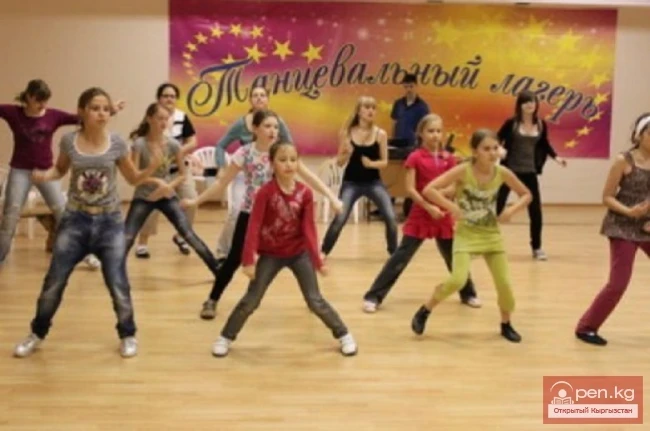
Training Camp "Running on Waves"
Program of the Training Summer Camp “Running on Waves” List of Program Organizers President of the...
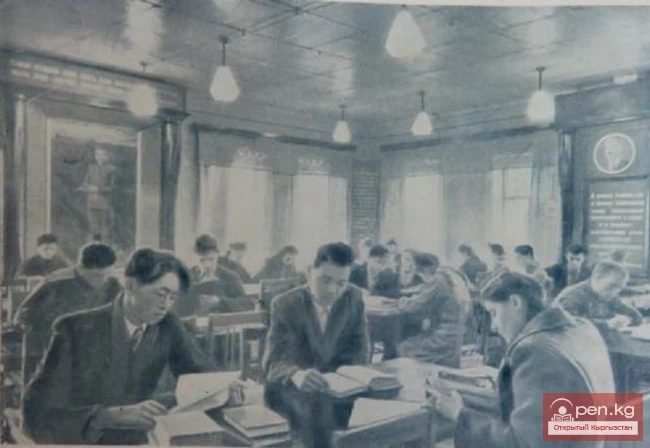
Conducting Children's Book Week. Document No. 183 (April 1950)
In the reading room of the Chernyshovsky Library FROM THE REPORT OF THE CHAIRMAN OF THE CULTURE...

Collectible Silver Coin Dedicated to the "World of Our Children" Series
Since December 20, 2011, the National Bank of the Kyrgyz Republic has introduced into circulation...
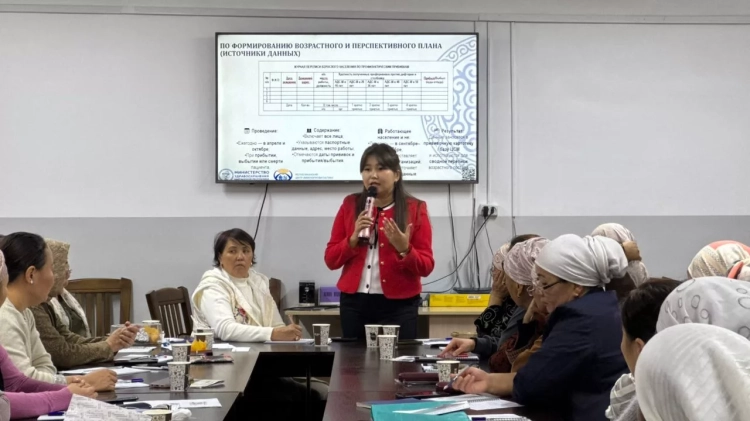
Zonal Training for Healthcare Workers Kicks Off in Kyrgyzstan as Part of the Catch-Up Immunization Campaign
As part of the training, healthcare workers will gain knowledge on how to effectively catch up on...
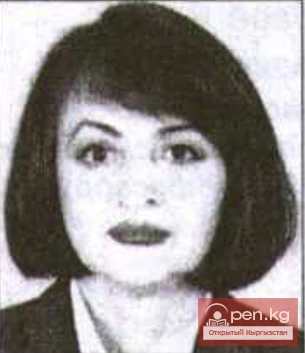
Galina Ivanovna Ryzhikova
Ryzhikova Galina Ivanovna (1944), Doctor of Medical Sciences (1996), Professor (2001) Russian....
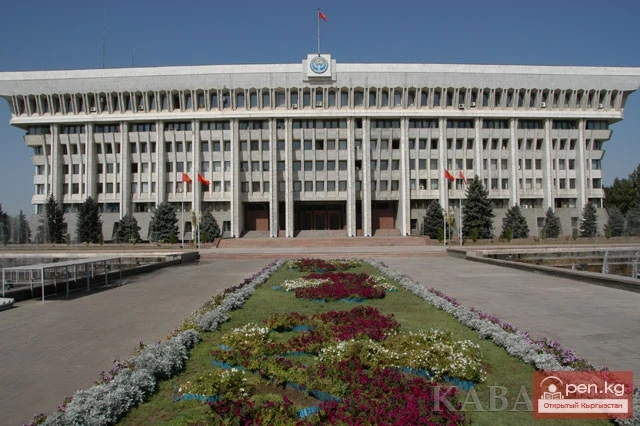
Government of the Kyrgyz Republic
The executive power in the Kyrgyz Republic is exercised by the Government of the Kyrgyz Republic....
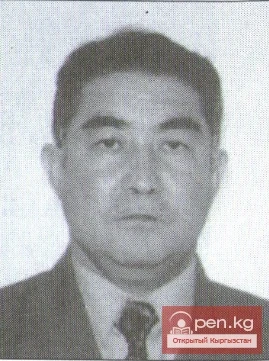
Musuraliyev Mekenjan Subanovich
Musuraliyev Mekenjan Subanovich Doctor of Medical Sciences, Professor. Born in 1954. Graduated...
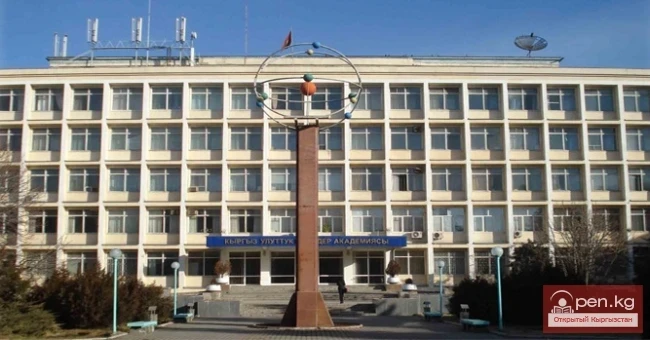
The Kyrgyz-Chinese Earth Observation Center and Digital Earth Opened at the Academy of Sciences -
The "Earth Observation and Digital Earth Center" has been established at the Institute...
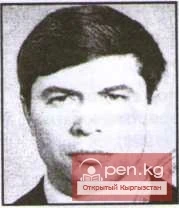
Valery Yakovlevich Vakulenko (1945)
Vakulenko Valeriy Yakovlevich (1945), Doctor of Philological Sciences (1992), Professor (1993)....
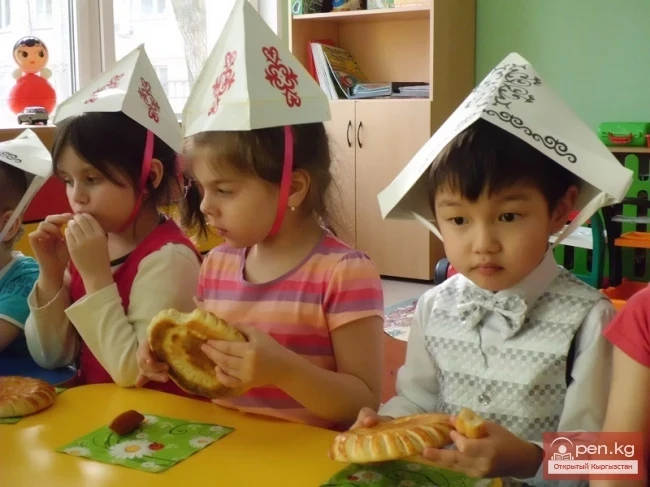
Preschool Education
Since 1998, the reduction in the number of preschool institutions has been halted, and a...
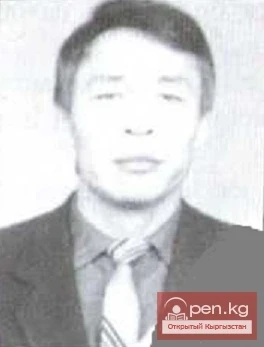
Asanov Arstanbek Ablezovich
Asanov Arstanbek Ablezovich Doctor of Technical Sciences, Associate Professor, Corresponding...
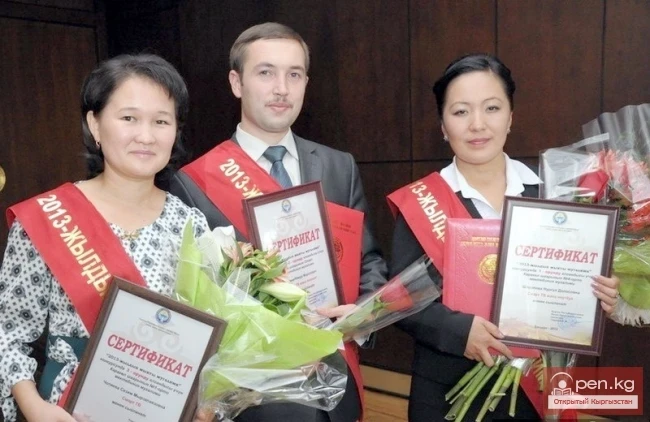
The Government of the Kyrgyz Republic has set the date for Teacher's Day.
Recognizing the important role of education workers in teaching and raising the younger generation...
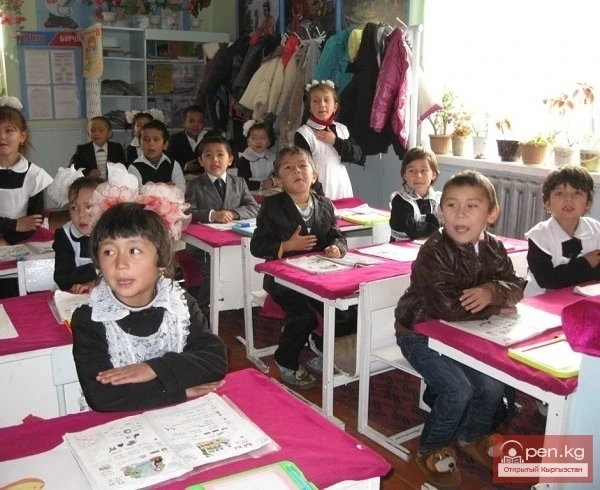
Innovative Schools are Being Developed in Kyrgyzstan
In the photo: Second graders of the "Olymp" primary school in Osh during a Russian...
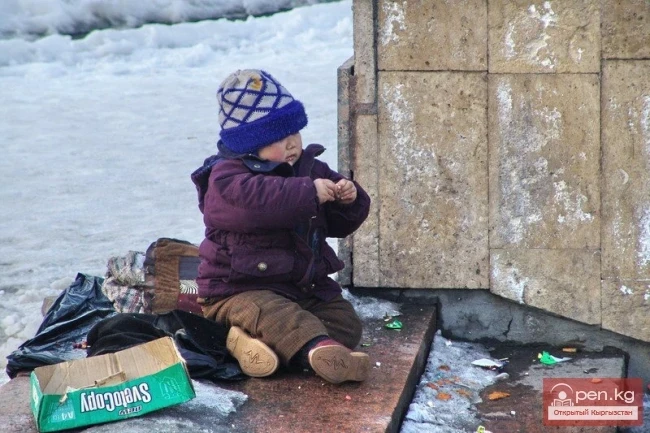
A Shelter for the Homeless Opened in Kyzyl-Kiya
The Deputy Minister of Social Development, Zhyldyz Polotova, opened a shelter for homeless people...
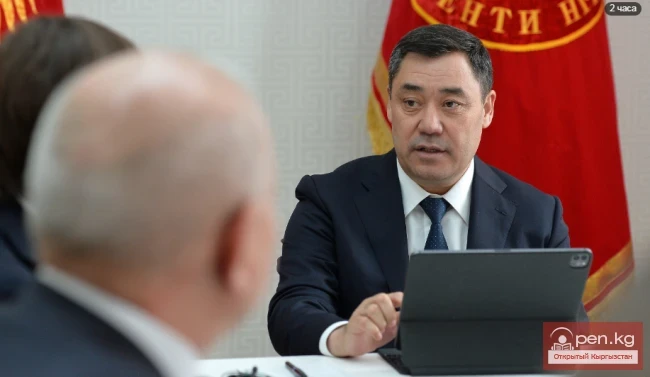
S. Japarov Invites Investors to Kyrgyzstan
S. Japarov invited the Japanese company Japan DX to invest in Kyrgyzstan The President of the...
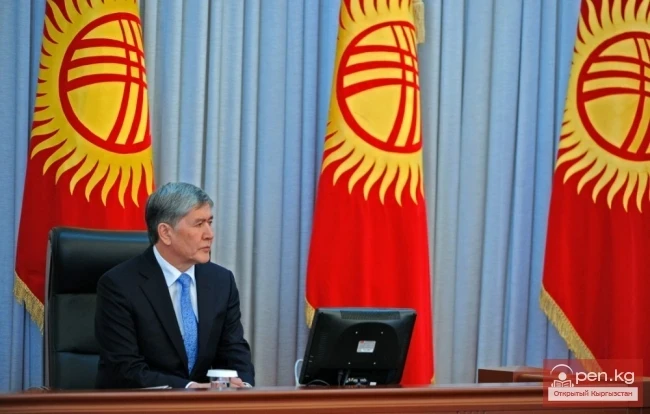
The title translates to "The Presidential Administration."
The Office of the President of the Kyrgyz Republic is a state body directly subordinate to the...
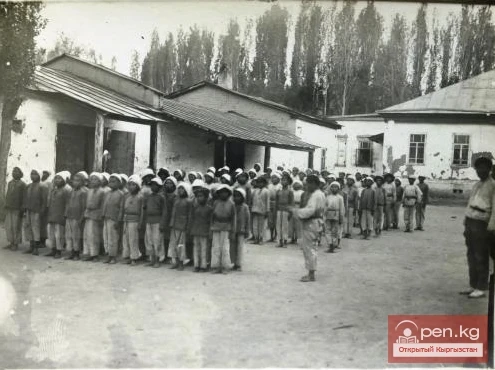
Organization of an Orphanage for Children of Frontline Soldiers in Frunze. Document No. 149 (September 1944)
DECISION OF THE EXECUTIVE COMMITTEE OF THE FRUNZE CITY COUNCIL OF WORKERS' DEPUTIES "ON...
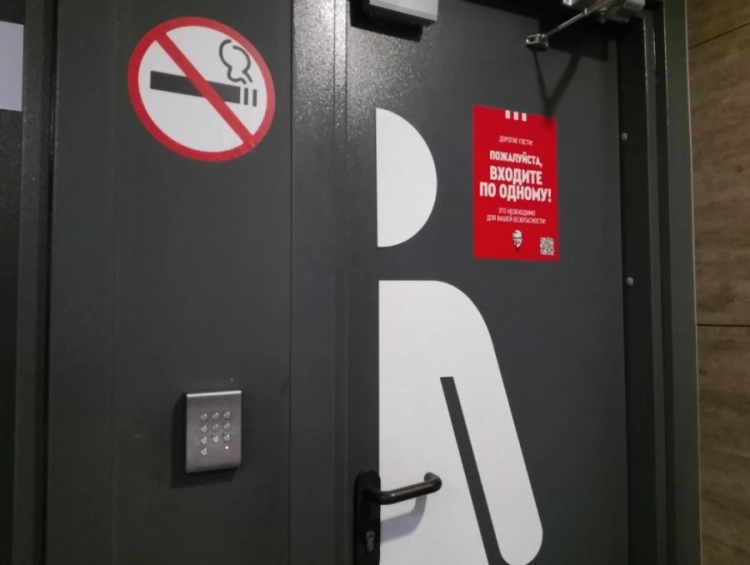
Without code locks and payment. Toilets in establishments want to be made accessible for everyone.
A discussion on a new bill has begun in the capital In Bishkek, city authorities have initiated...
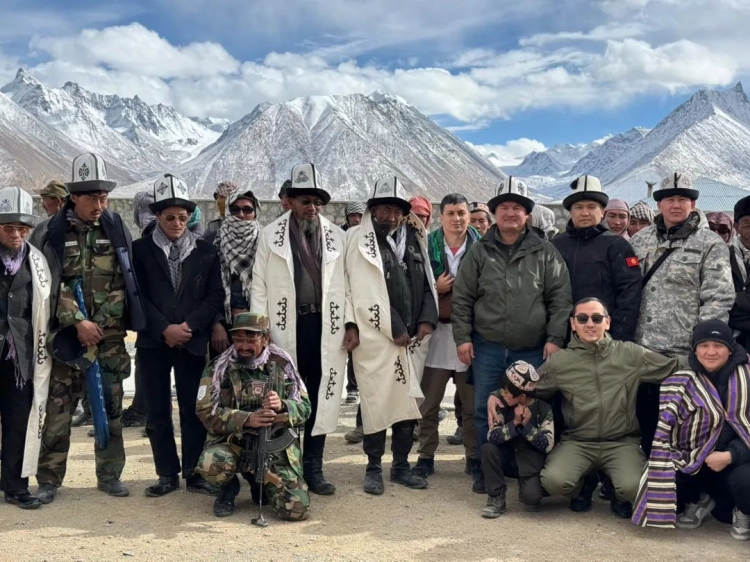
Kyrgyzstan Provided Humanitarian Aid to Ethnic Kyrgyz in Pamir, Afghanistan
During the trip led by the expedition team, measures taken by the authorities of Badakhshan to...

The Ministry of Defense of Kazakhstan confirmed the explosion of an unidentified drone in the west of the country
The agency's message states that "the debris was found in a remote area, away from...
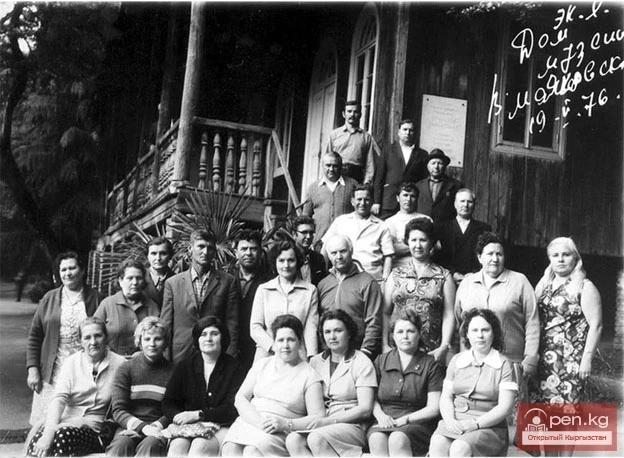
Education of Kyrgyz People in the Soviet Period
Before the revolution, there were 107 Russian schools in Kyrgyzstan, where, in addition to Russian...

"Alyppe" Published for Kyrgyz Children in the USA
Students of the International University "Atatürk-Alatoo" have published a manual titled...